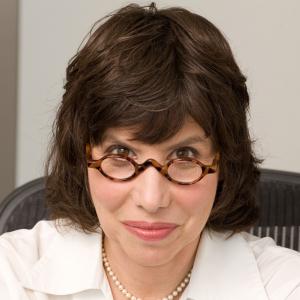

Alison Gopnik: When children are better learners than adults are: Theory formation, causal models, and the evolution of learning.
29 September 2017, 11:30 am - 1:00 pm EDT
ABSTRACT
In the past 15 years, we have discovered that even young children are adept at inferring causal relationship. But are there differences in the ways that younger children, older children and adults learn? And do socioeconomic status and culture make a difference? I will present several studies showing a surprising pattern. Not only can preschoolers learn abstract higher-order principles from data, but younger learners are actually better at inferring unusual or unlikely principles than older learners and adults. This pattern also holds for children in Peru and in Headstart programs in Oakland, California. I relate this pattern to computational ideas about search and sampling, to evolutionary ideas about human life history, and to neuroscience findings about the negative effects of frontal control on wide exploration. My hypothesis is that our distinctively long, protected human childhood allows an early period of broad hypothesis search, exploration and creativity, before the demands of goal-directed action set in.
SPEAKER PROFILE
 Alison Gopnik is a professor of psychology and affiliate professor of philosophy at the University of California, Berkeley. Her research explores how young children come to know about the world around them. Professor Gopnik’s current research focuses on how children learn about the causal structure of the world—how some things make other things happen. She is the author of several books, including the New York Times bestseller, “The Philosophical Baby,” and, most recently, “The Gardener and the Carpenter: What the New Science of Child Development Tells Us About the Relationship Between Parents and Children.”
Alison Gopnik is a professor of psychology and affiliate professor of philosophy at the University of California, Berkeley. Her research explores how young children come to know about the world around them. Professor Gopnik’s current research focuses on how children learn about the causal structure of the world—how some things make other things happen. She is the author of several books, including the New York Times bestseller, “The Philosophical Baby,” and, most recently, “The Gardener and the Carpenter: What the New Science of Child Development Tells Us About the Relationship Between Parents and Children.”
Read more about Alison Gopnik.
EVENT POSTER
Download a copy of the event poster.
